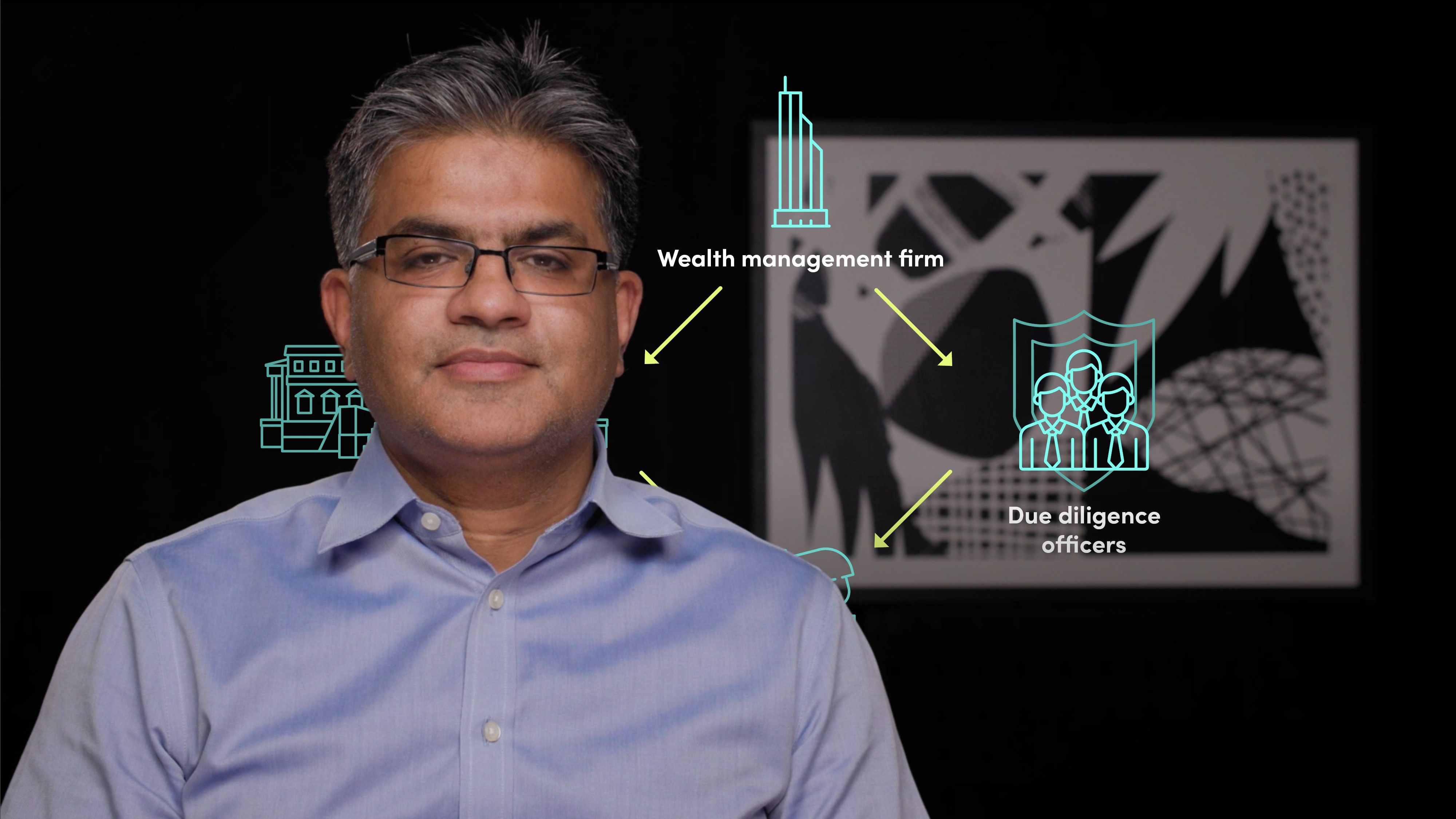
Operational Risks to Manage at a Wealth Management Firm II

Faisal Sheikh
25 years: Wealth and risk management specialist
In this video, Faisal continues his discussion about the operational risks within wealth management.
In this video, Faisal continues his discussion about the operational risks within wealth management.
Subscribe to watch
Access this and all of the content on our platform by signing up for a 7-day free trial.

Operational Risks to Manage at a Wealth Management Firm II
9 mins 5 secs
Key learning objectives:
Understand the impact of not monitoring and preventing these risks effectively
Outline how financial crime, regulatory compliance and information security impact wealth management firms
Overview:
Other aspects of operational risk that wealth management firms have to manage include the likes of financial crime, regulation compliance and information security. Financial crime is particularly apparent in wealth management given the value of assets the firms hold and the types of clients they deal with. Regulation is constantly being modified and updated, however given the global nature of wealth management, firms have to be aware of both domestic and international regulation changes. Data theft is also a significant risk for wealth managers given the highly sensitive client data they hold.
Subscribe to watch
Access this and all of the content on our platform by signing up for a 7-day free trial.
How does financial crime impact wealth managers?
Financial crime can include money laundering, sanction violations, bribery and corruption, and insider trading. Given the clients are extremely wealthy and international in nature, they present a high risk.
A particular type of client that may be at significant risk are those known as politically exposed persons, i.e. those with political connections. Their positions may mean they are well placed to engage in corrupt practices.
Other types of clients that may pose a risk themselves are those based in, or have acquired their wealth from, sensitive countries, i.e. those more prone to crime. They also may have clients that have earned their fortunes from sensitive industries, i.e. those industries that pose a higher money laundering risk, such as gambeling or foreign exchange.
To prevent any of the above clients committing financial crime, the wealth managers will perform enhanced due diligence as well as ongoing due diligence. They will also use 3rd party security teams who perform even more in-depth due diligence, including visiting clients’ home countries and businesses.
Wealth managers also have to be particularly aware of sanctions. The sanctions prevent the wealth manager from doing business with any individuals or bodies that have been sanctioned, but they must also ensure that any of their other clients do not use the firm to transact with sanctioned bodies or individuals.
Why is regulatory compliance important in wealth management?
For a wealth manager to undertake business for clients they are first subject to a considerable level of regulation from bodies such as the FCA.
Firms must ensure and maintain an open and effective relationship with regulators as well as responding to any new regulations. Firms also need to ensure that they maintain proper licensing, certification and registration, both for the firm and their employees.
Failure to comply with existing regulations or updated ones can result in large fines as well as being banned from the industry.
What is the importance of information security for wealth managers?
Wealth managers hold vast amounts of highly sensitive client data. They therefore experience frequent data theft attempts. These could be orchestrated by organised crime trying to blackmail the firm, law enforcement trying to find details of tax evasion or money laundering, or even potentially journalists looking to uncover some information.
Considerable resources are therefore devoted to preventing data privacy breaches. Data loss and cyber risks pose significant risks to wealth managers, such a denial of service rendering the wealth manager unable to service its clients.
Subscribe to watch
Access this and all of the content on our platform by signing up for a 7-day free trial.

Faisal Sheikh
There are no available Videos from "Faisal Sheikh"



























